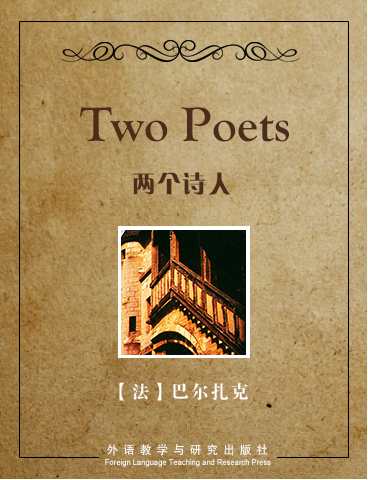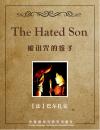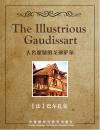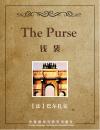At the time when this story opens, the Stanhope press and the ink- distributing roller were not as yet in general use in small provincial printing establishments. Even at Angouleme, so closely connected through its paper-mills with the art of typography in Paris, the only machinery in use was the primitive wooden invention to which the language owes a figure of speech—"the press groans" was no mere rhetorical expression in those days. Leather ink-balls were still used in old-fashioned printing houses; the pressman dabbed the ink by hand on the characters, and the movable table on which the form of type was placed in readiness for the sheet of paper, being made of marble, literally deserved its name of "impression-stone." Modern machinery has swept all this old-world mechanism into oblivion; the wooden press which, with all its imperfections, turned out such beautiful work for the Elzevirs, Plantin, Aldus, and Didot is so completely forgotten, that something must be said as to the obsolete gear on which Jerome- Nicolas Sechard set an almost superstitious affection, for it plays a part in this chronicle of great small things.
该小说是巴尔扎克著作《人间喜剧》中描写外省生活场景的一部分,是幻灭三部曲之一。小说主要描述了法国当代资产阶级中两个诗人的现实生活。
From Lost Illusions. Scenes From Provincial Life from The Human Comedy (La Comedie Humaine). By the French author, who, along with Flaubert, is generally regarded as a founding-father of realism in European fiction. His large output of works, collectively entitled The Human Comedy (La Comedie Humaine), consists of 95 finished works (stories, novels and essays) and 48 unfinished works. His stories are an attempt to comprehend and depict the realities of life in contemporary bourgeois France. They are placed in a variety of settings, with characters reappearing in multiple stories.
- Two Poets
- 书评 写书评
- 笔记
-
书评加载中...




201410291508528591159.jpg)




20141029150519282424.jpg)
20141029150733785522.jpg)
201410291509258711776.jpg)
20141029151058599880.jpg)










 京公网安备 11010802032529号
京公网安备 11010802032529号
笔记加载中...